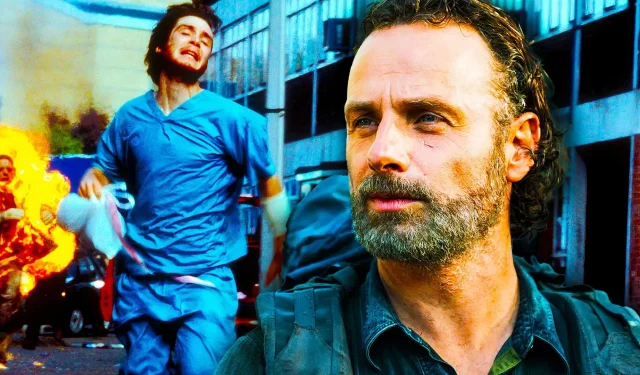
The Walking Dead and 28 Days Later stand as monumental pillars within the zombie genre, each having carved out its own significant legacy. Recently, it seems 28 Days Later is poised to reclaim some creative ground, over a decade after Robert Kirkman’s franchise appeared to draw inspiration from its iconic opening sequence. Despite the claims of its creator that it isn’t a zombie film, the portrayal of the film’s Infected has undeniably contributed to the archetype of zombies, further establishing its influential role within the subgenre. Its groundbreaking artistry and horror themes played a vital role in inspiring subsequent works, including The Walking Dead, especially evident in the show’s memorable pilot.
Since launching in 2003 as a comic series and transitioning to television in 2010, The Walking Dead has solidified its status as one of the foremost zombie franchises globally, retaining its relevance to this day. At the height of its popularity, it commanded a vast audience, leading to numerous spinoffs and video games, thus establishing a remarkable cultural legacy. Although the show presented many dramatic and innovative episodes, it’s impossible to overlook the striking similarities between the opening scenes of The Walking Dead and 28 Days Later. Interestingly, 28 Days Later appears to be surfacing from the shadows of its earlier influence.
The Walking Dead: A Reflection of 28 Days Later’s Opening
Parallel Opening Sequences in Both Franchises

The opening scenes of both series, while not identical, share striking similarities that are hard to ignore. Each franchise sets the stage with backstory before plunging their central characters into the chaos of a zombie apocalypse; notably, both protagonists awaken from a coma in deserted hospitals. While Rick Grimes from The Walking Dead and Jim from 28 Days Later have distinct backstories, the essence of their journeys begins in remarkably identical ways. This resemblance sparks speculation regarding the influence of 28 Days Later on The Walking Dead. However, Robert Kirkman, the creator of The Walking Dead, insists he had not viewed Boyle’s film before penning the initial chapters of his comic.
Kirkman acknowledged the parallels yet maintains that any resemblance is coincidental. If true, this creates a fascinating narrative backdrop, adding depth to the legacies of both franchises. Each has cultivated a creative universe showcasing unique interpretations of the infection phenomenon. As anticipation builds for the upcoming 28 Years Later, it appears the film may borrow elements from Kirkman’s extensive narrative universe.
28 Years Later: Echoes of The Walking Dead
Evolving Narratives Amidst a Prolonged Apocalypse
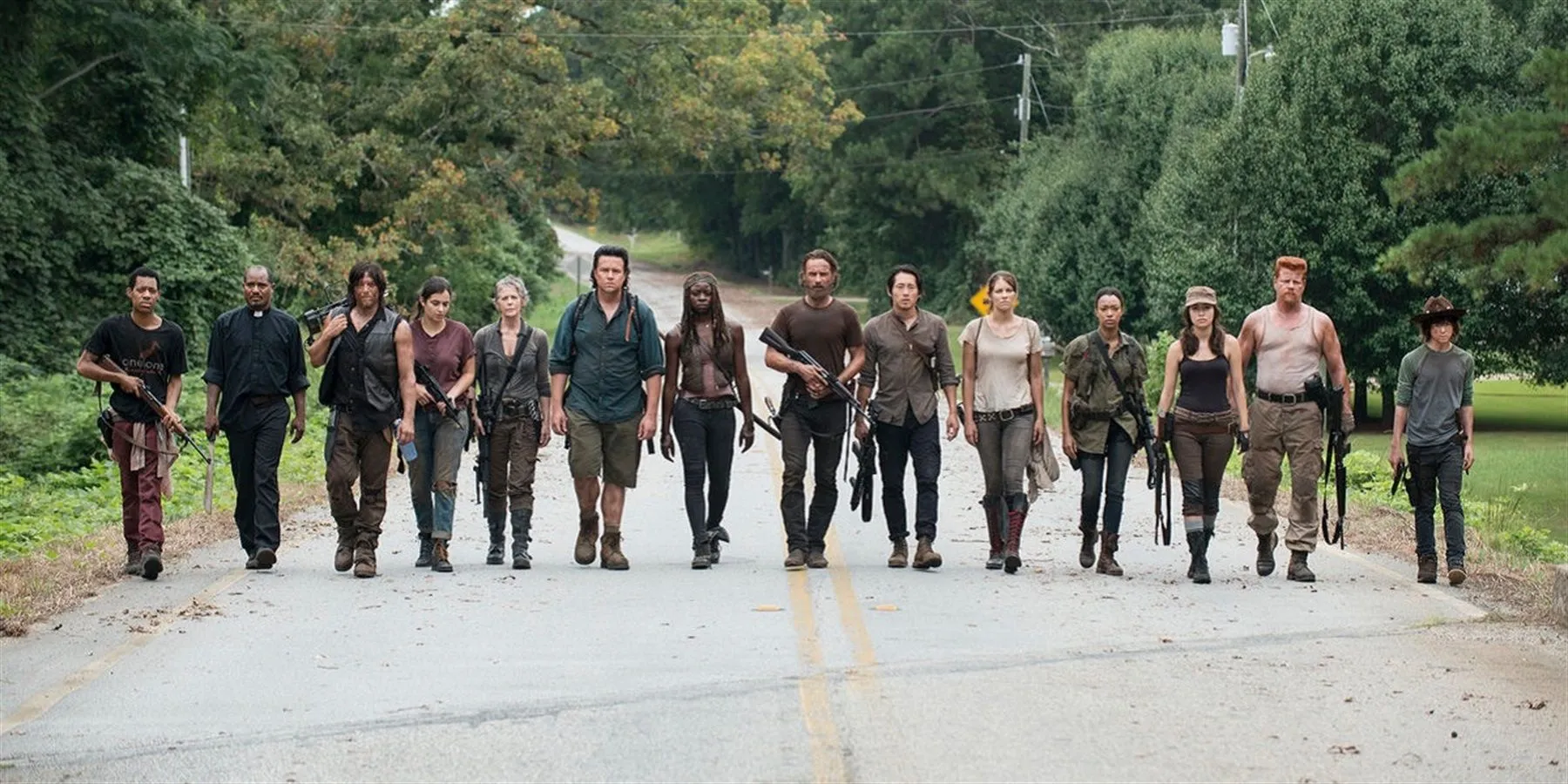

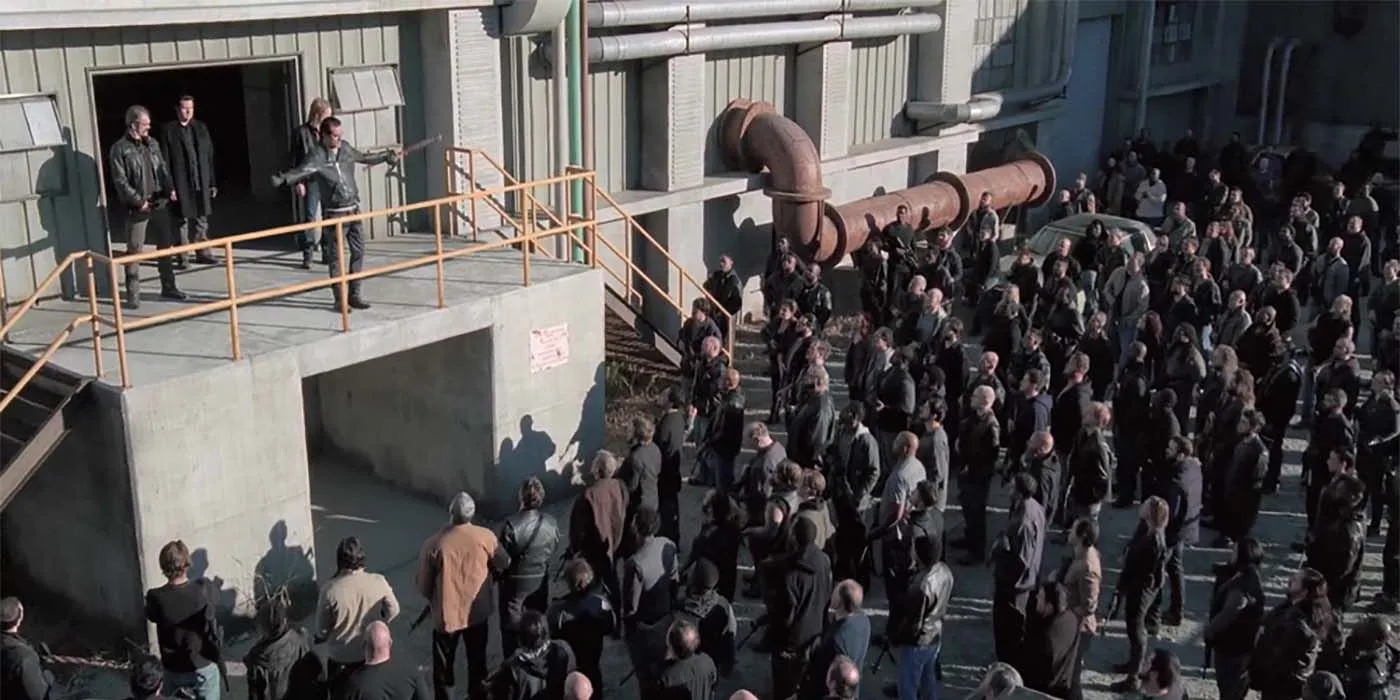
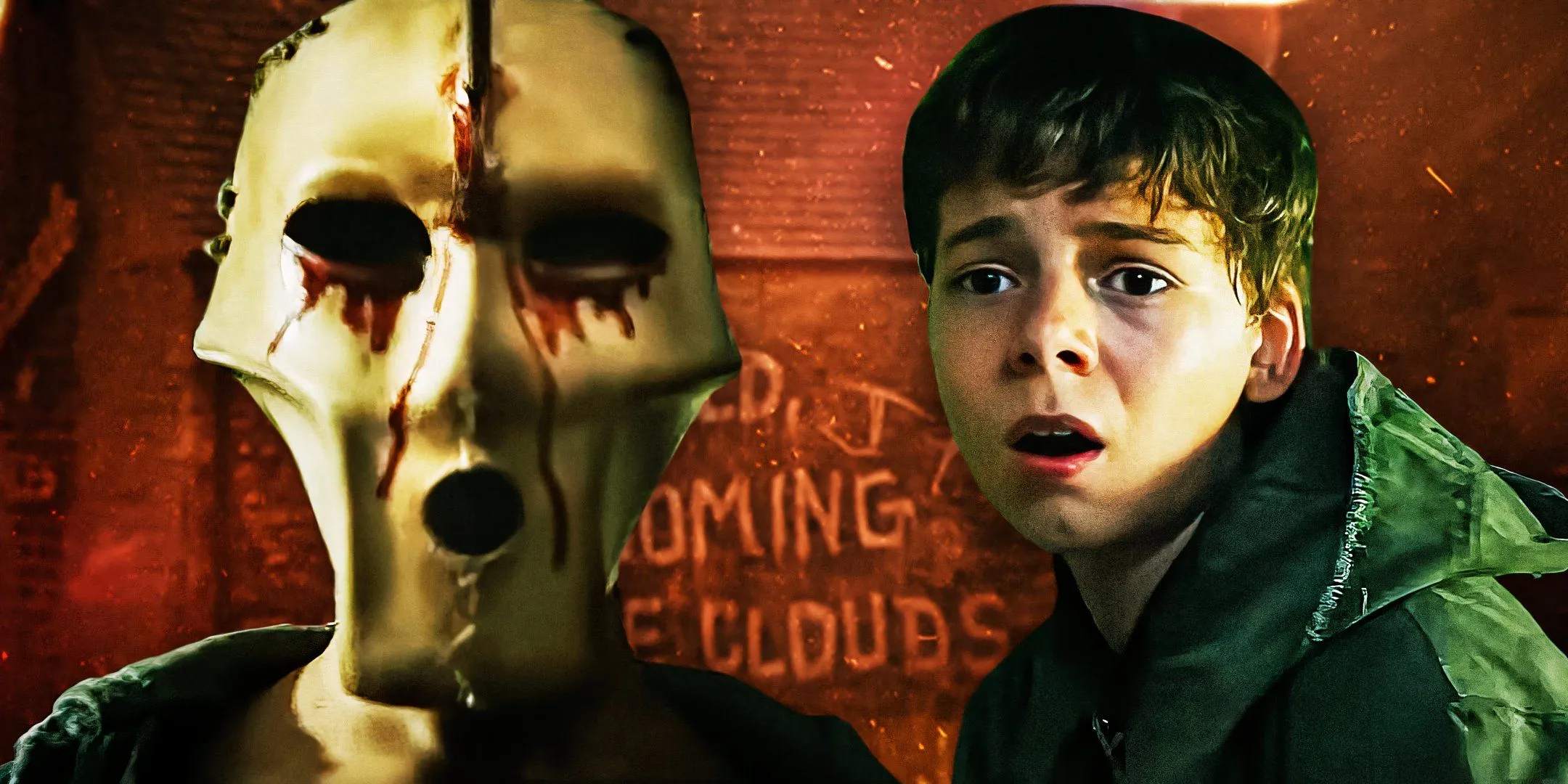
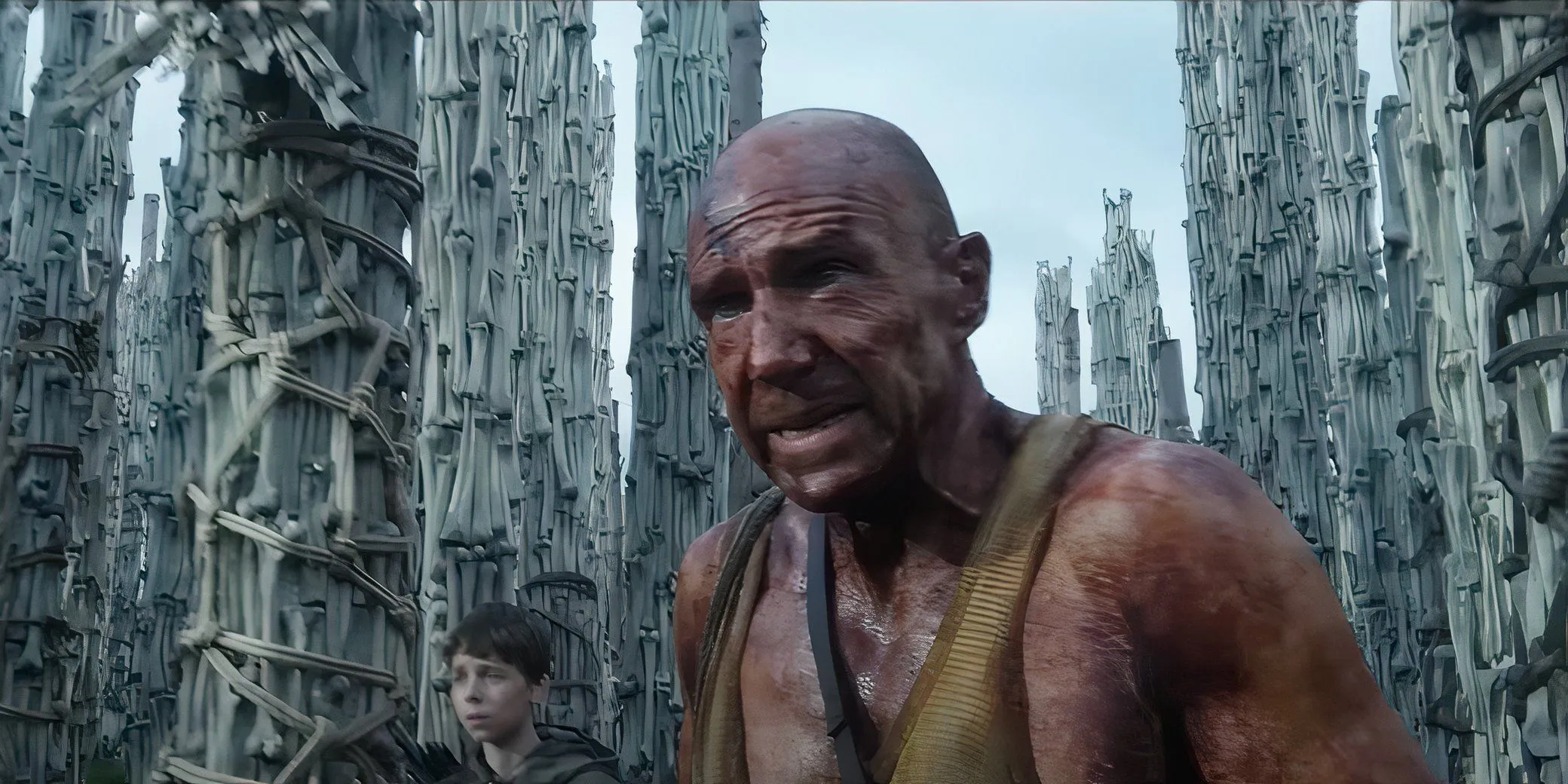
With the trailer for 28 Years Later receiving acclaim for its inventive approach, it appears to draw upon tropes established by The Walking Dead. While the first two films occurred relatively early in the apocalypse, 28 Years Later is set nearly three decades after the outbreak, suggesting a transformed landscape. Preliminary teasers depict cult-like factions, established communities with defined roles, and advanced survival strategies—key elements that fans attribute to The Walking Dead.
Focusing on survivors who have navigated this harsh reality suggests that 28 Years Later is likely more aligned with The Walking Dead than the prior movies. Although it may not be the only zombie franchise to incorporate such elements, the influence wielded by The Walking Dead in popularizing these tropes cannot be overstated. As 28 Years Later continues to tease its narrative, initial indications of hostile groups within the story lead to expectations of comparisons to The Walking Dead, even as it promises to deliver fresh and inventive ideas.
Navigating a Crowded Zombie Subgenre: The Impact of 28 Years Later
The Evolution of Zombie Media
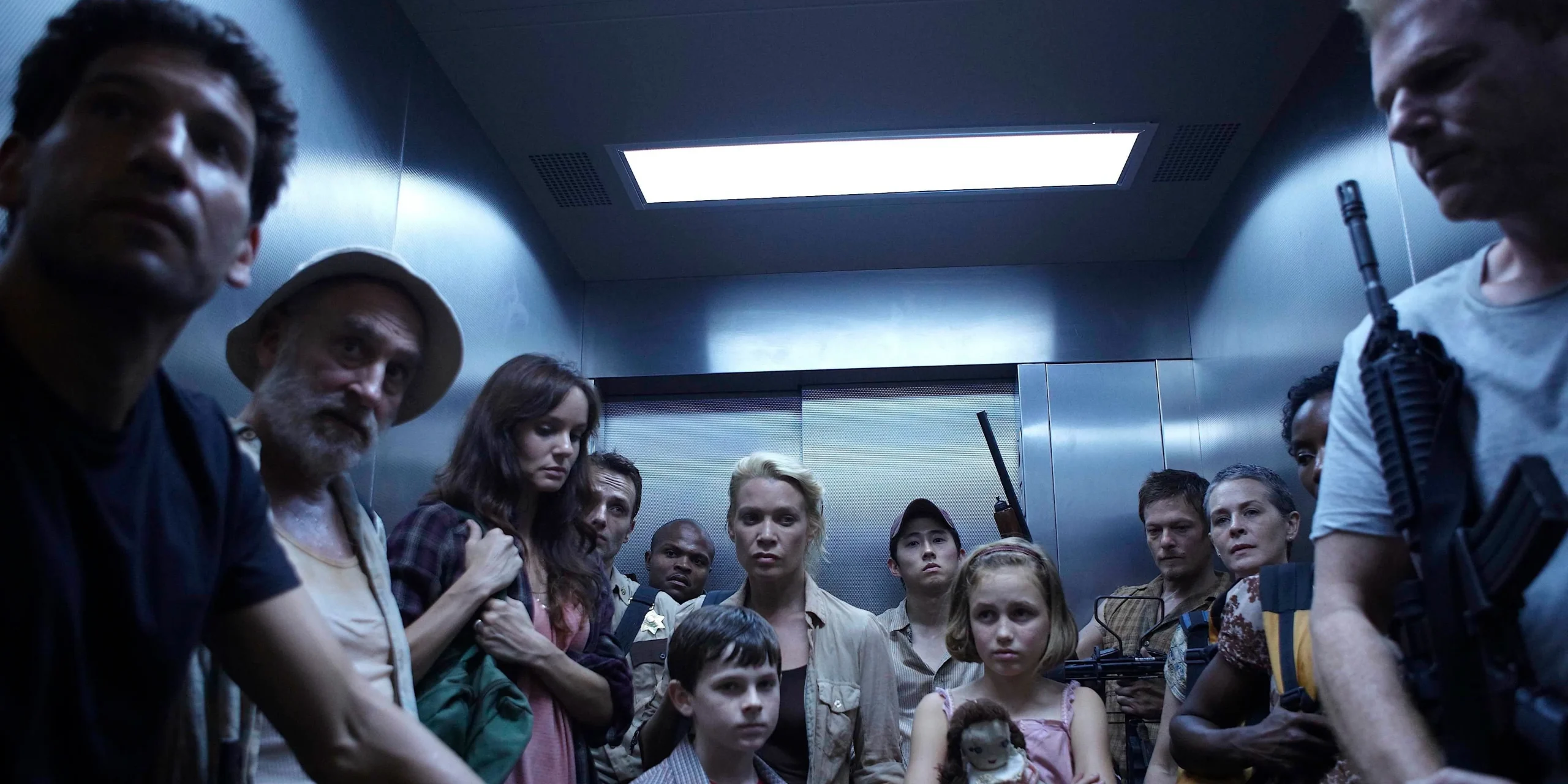
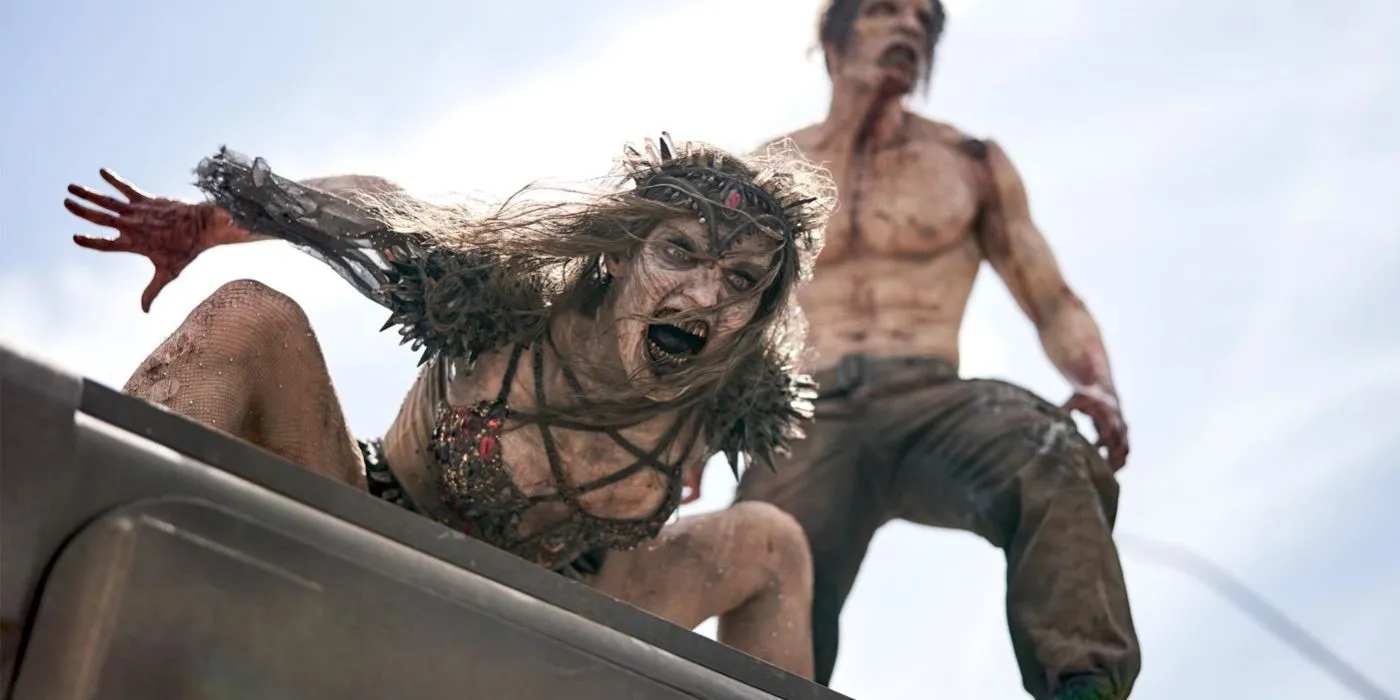
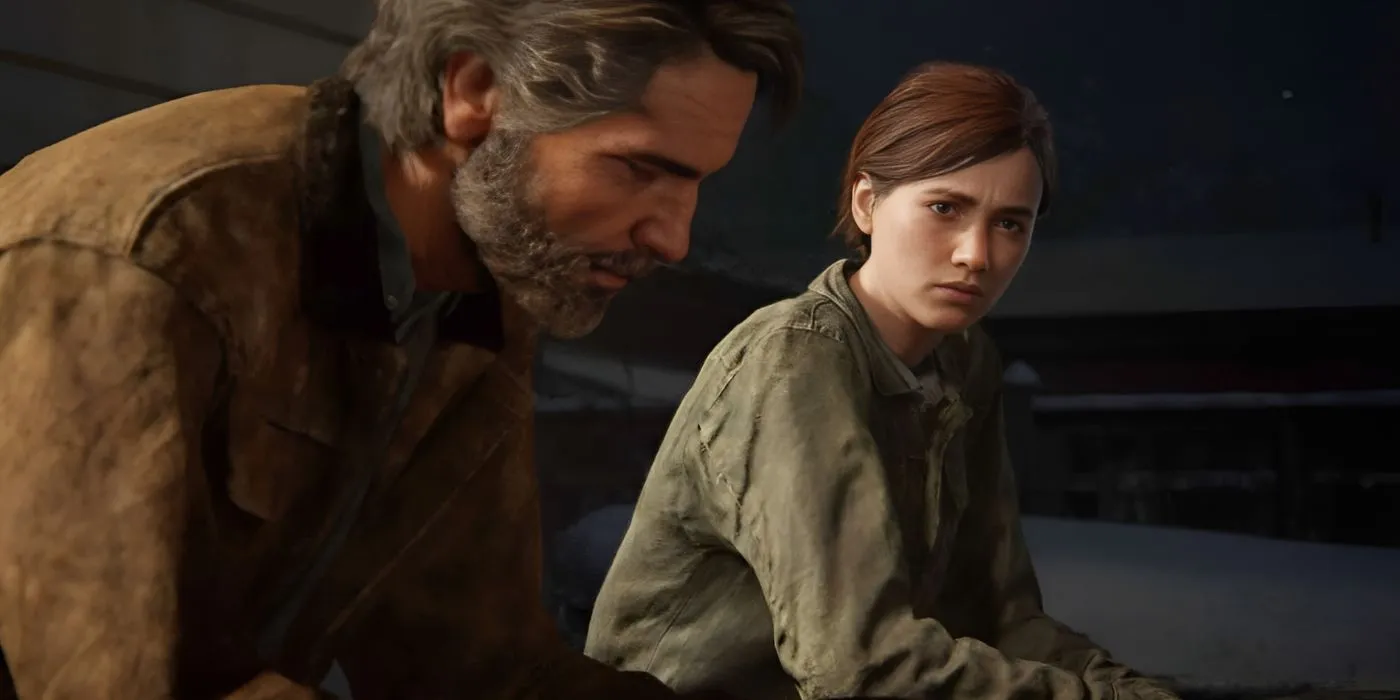
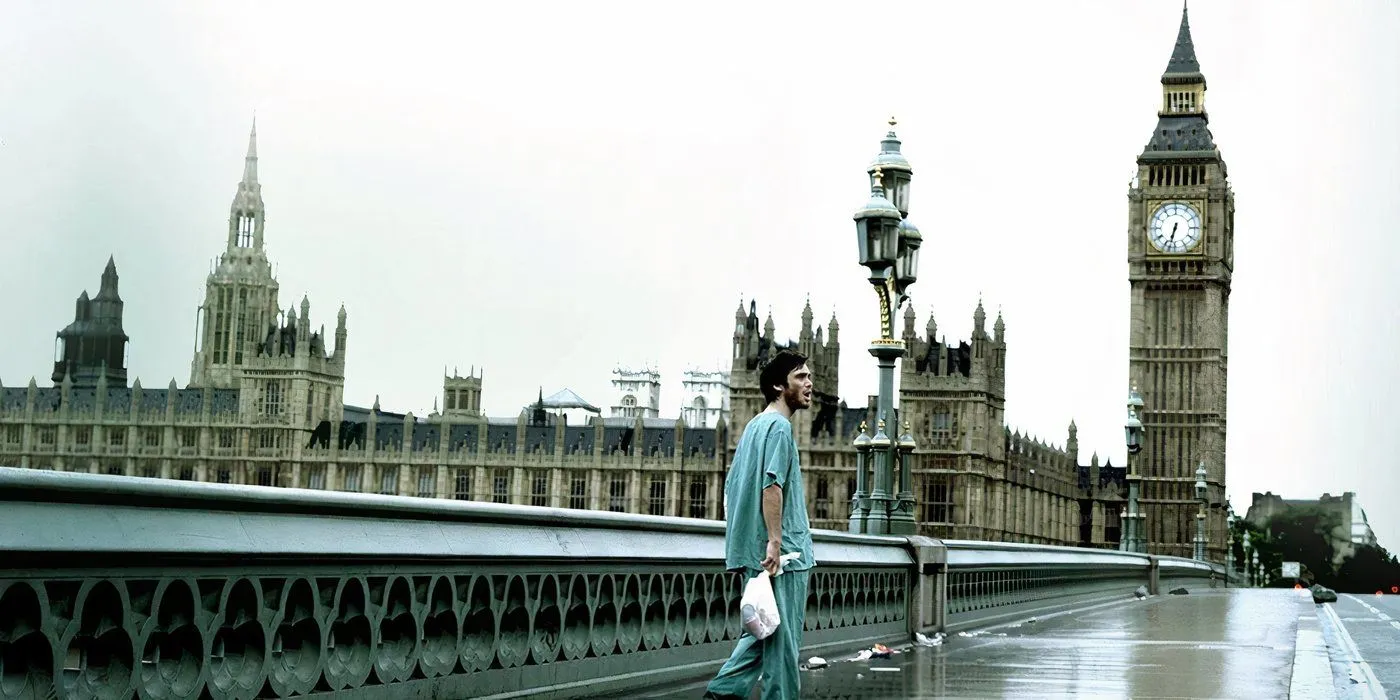

Although 28 Years Later and The Walking Dead are bound to exhibit numerous key differences, their similarities highlight the competitive landscape of the zombie genre. While neither series was the progenitor of apocalyptic narratives featuring infected beings, zombie-themed stories have surged in popularity in the years following the releases of 28 Days Later and The Walking Dead. These franchises undeniably contributed to the revival and proliferation of the genre in the early 21st century, giving rise to a plethora of films, series, and video games echoing similar themes.
Notable titles such as The Last of Us, Left 4 Dead, Resident Evil, and Call of Duty Zombies have cemented the undead’s place in gaming culture, while films like Shaun of the Dead, The Last of Us, World War Z, and series like All of Us Are Dead followed in the pioneering footsteps of The Walking Dead and 28 Days Later. Given the sheer volume of content within the zombie realm today, crafting wholly original narratives has become increasingly challenging. Nonetheless, the creative legacies of Kirkman and Boyle persist, demonstrating their ability to inspire and adapt in an ever-evolving genre landscape.




Leave a Reply